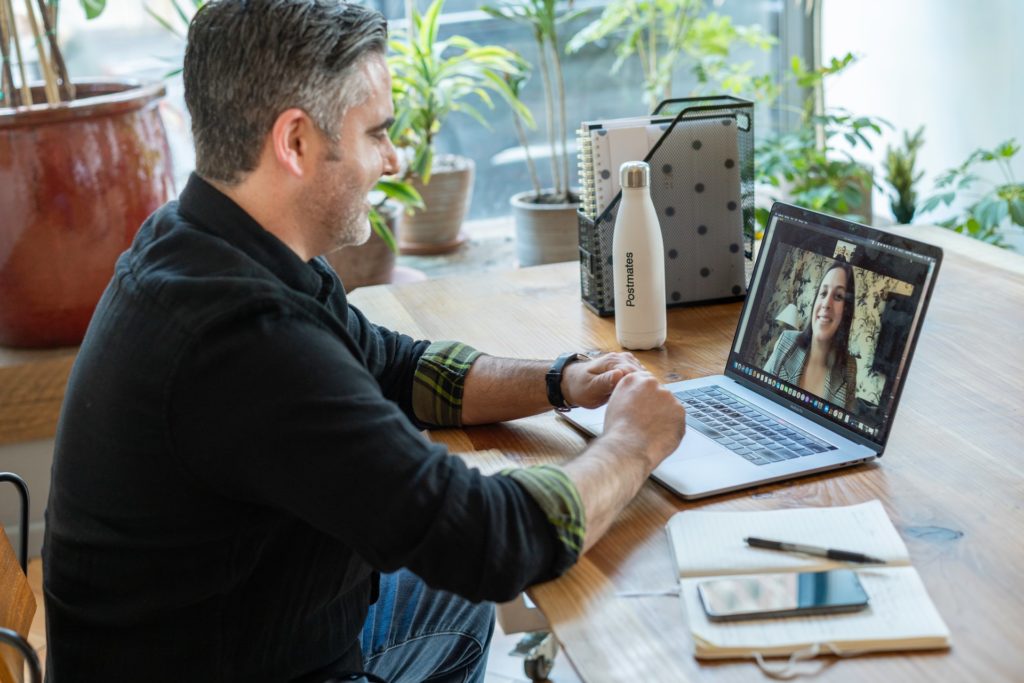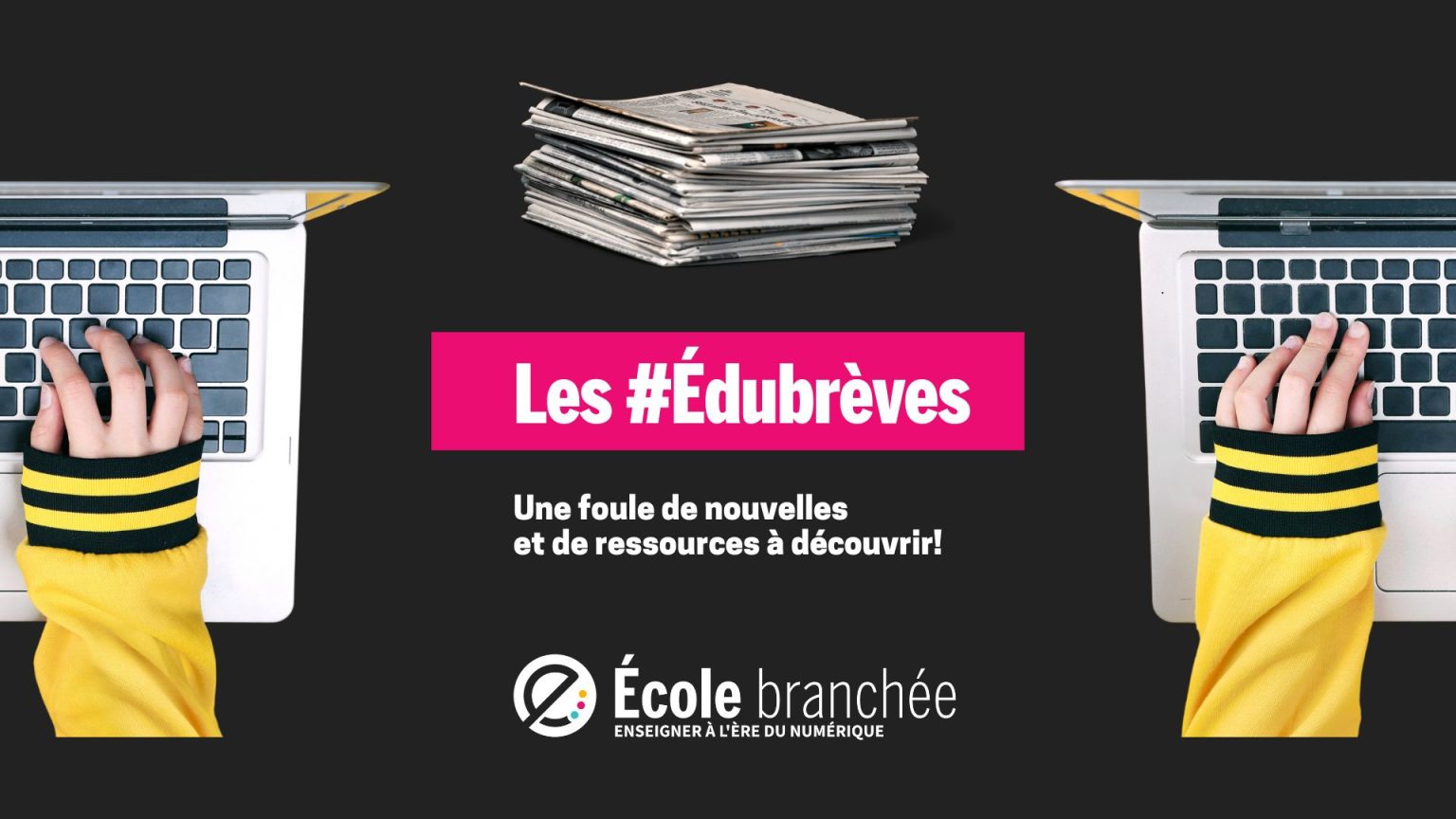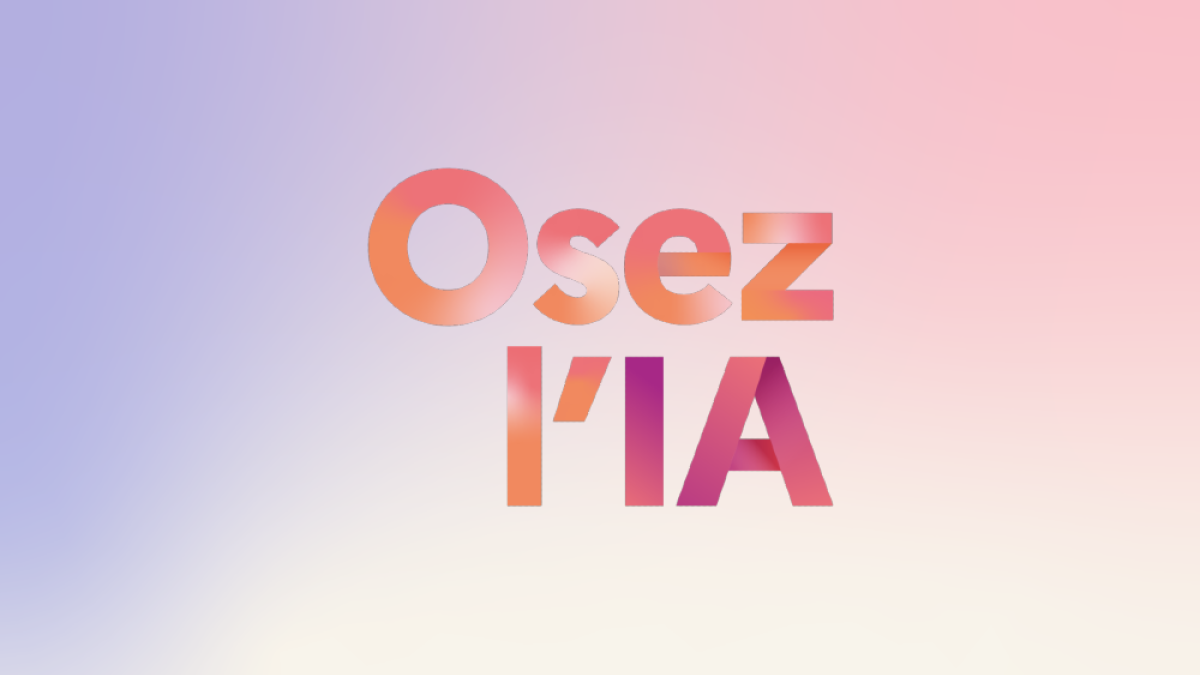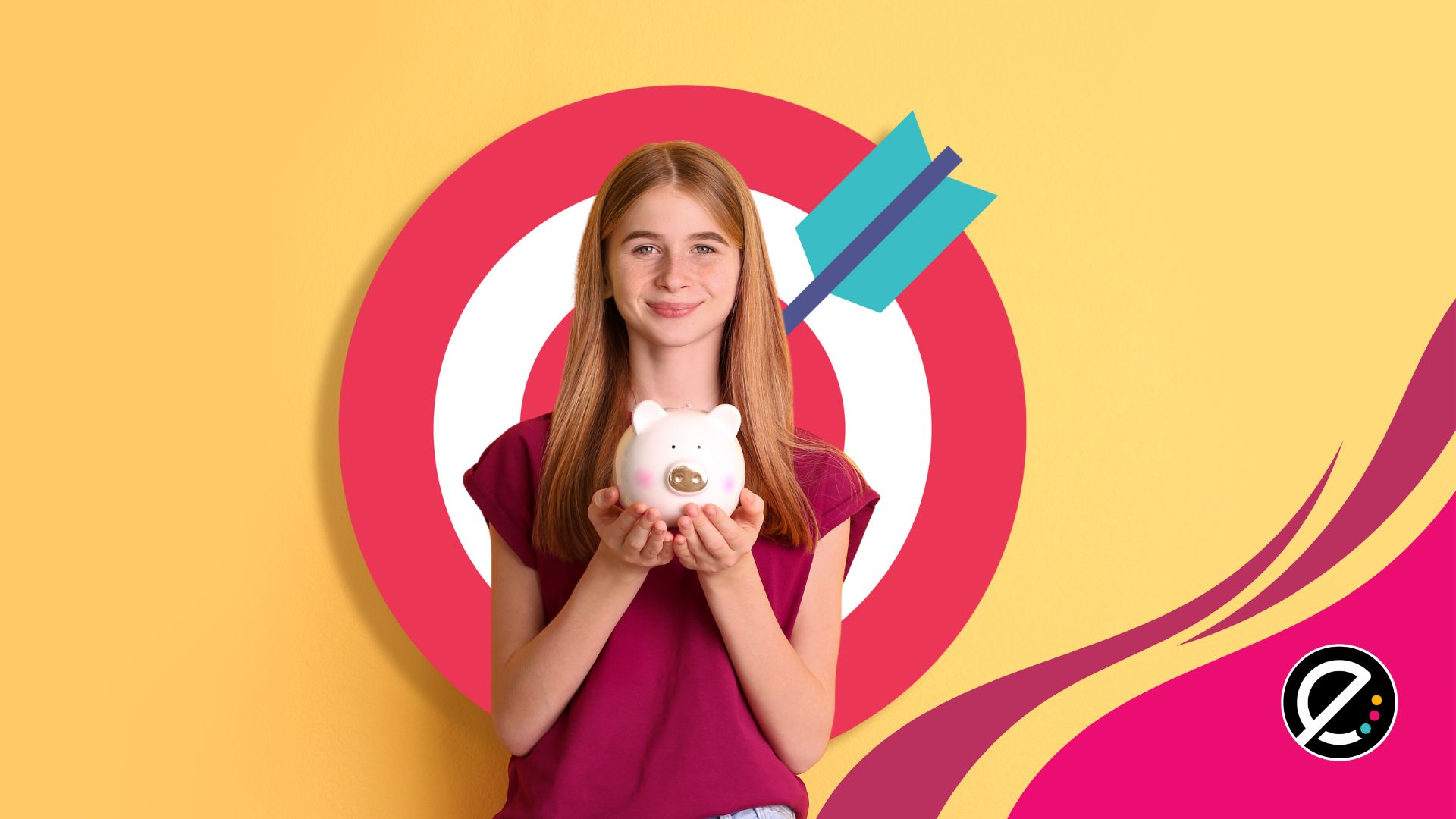Sujet délicat par excellence dans le milieu de l’éducation, la remise du bulletin scolaire représente parfois un défi de communication entre les enseignants et les parents, et même entre les parents et leurs enfants. Voici quelques éléments à prendre en considération.
Même si les pratiques d’évaluation tendent à changer, le bulletin est encore au cœur du système scolaire. Les chiffres qu’on y retrouve témoignent du succès ou de l’échec dans une matière, mais ils ne disent pas tout.
En mode coéducation
La première communication de novembre a probablement été l’occasion d’établir un contact avec les parents des élèves. La remise du premier bulletin de l’année, dans quelques semaines, représente un autre moment privilégié pour faire le point sur la situation scolaire des jeunes, mais aussi sur la santé mentale de tous.
« Les parents, comme les enseignants et le personnel des équipes-écoles, se doivent d’être à l’écoute les uns des autres et de s’unir pour créer les meilleures conditions d’apprentissage possibles dans la situation actuelle. Soyons bienveillants envers nous-mêmes et envers les autres de manière à s’appuyer et rester en mode solution », rappelle constamment Stéphanie Dionne, spécialiste de la coéducation.
Bref, au-delà des notes, les progrès réalisés, les efforts consentis, les stratégies d’études, le bien-être et l’équilibre général sont des sujets qui gagnent à être abordés entre parents et enseignants.
À (re)lire : La rencontre de parents en mode coéducation à l’ère du numérique
Discuter du bulletin avec son enfant : des conseils pour les parents
De même, il est parfois difficile pour les parents de discuter du bulletin scolaire avec leurs enfants. À ce sujet, la SOFAD a réalisé en 2021 une capsule vidéo pour les guider dans cette discussion importante. Il peut être judicieux de porter celle-ci à l’attention des parents de votre école.
Tout comme c’est le cas lors de la discussion parent-enseignant, une réflexion globale, qui va plus loin que les notes, est tout à fait pertinente avec l’enfant. Le parent peut amener ce dernier à nommer ses points forts et ses points faibles, à faire des liens entre ses stratégies d’étude et les résultats obtenus. Comme mentionné dans la capsule, cette discussion devrait devenir une occasion d’identifier des pistes d’action pour la suite, toujours en adoptant une attitude positive et constructive.
Si le parent le juge pertinent, un retour peut même être fait à l’enseignant par la suite.
Cette capsule s’inscrit dans une série de vidéos visant à accompagner les parents dans la situation actuelle, réalisée par la SOFAD avec le soutien financier du ministère de l’Éducation du Québec (MEQ). Elles sont d’ailleurs toutes rassemblées dans la chaîne YouTube du MEQ.






